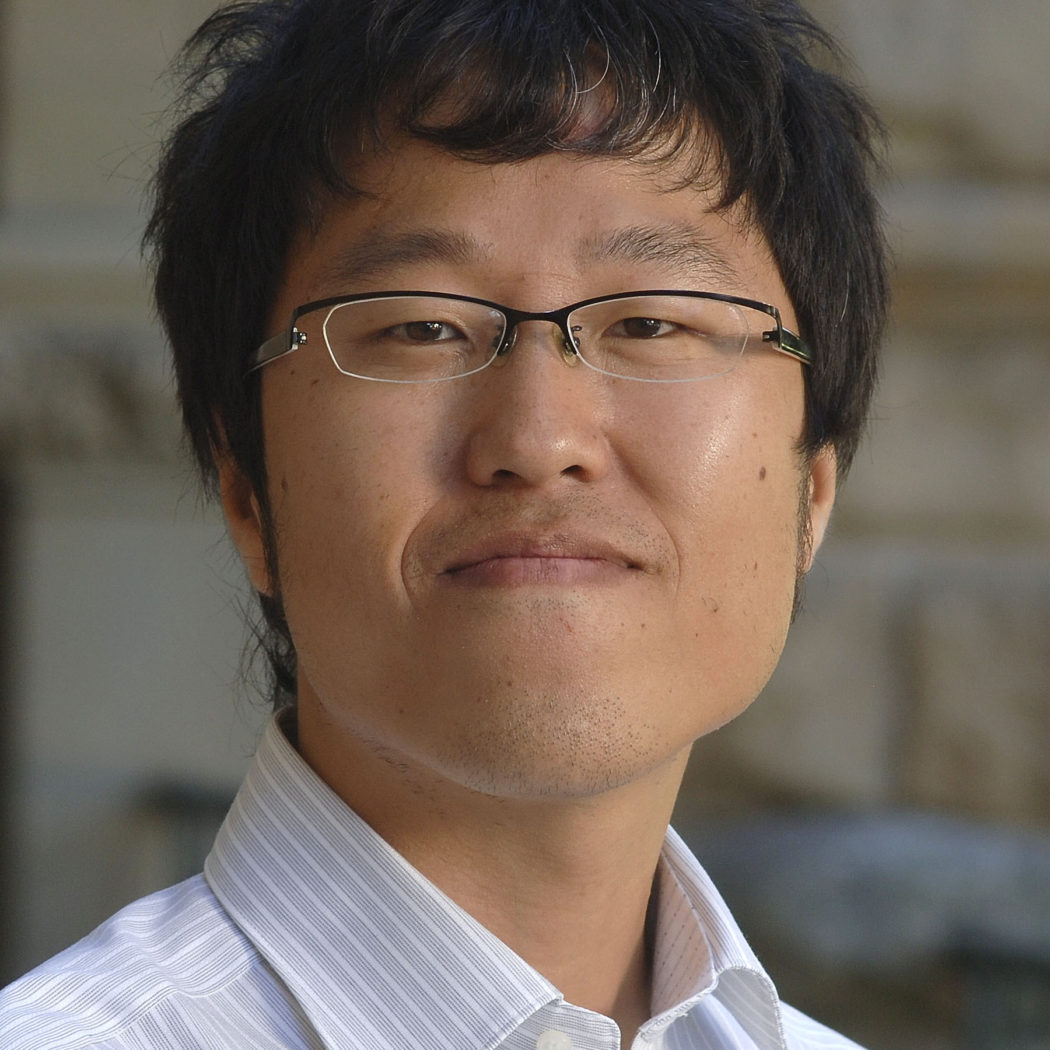Toshihiro Higuchi is an associate professor at Georgetown University. He lives in Washington, DC, and has been a member since 2021.
Website: https://sites.google.com/georgetown.edu/higuchitoshihiro

Alma maters: MA, University of Tsukuba, 2002; MA, University at Albany, 2005; PhD, Georgetown University, 2011
Fields of interest: US in the world, Japan, environment, oceans, science and technology, atomic energy
Describe your career path. What led you to where you are today?
My career path has changed a few times thanks to the wonderful mentors and colleagues that I met along the way. In college, I initially majored in international relations, but the modern Japanese diplomatic history seminar that I took during my junior year taught me the importance and joy of studying the past with a fresh and critical eye. My subsequent study abroad in the United States led me to switch the focus of my research to the US in the world. The greatest changes, however, happened during my time as a PhD student, when I learned and added to my repertoire many generative themes and perspectives in the history of science, technology, and the environment.
What do you like the most about where you live and work?
Georgetown is a place where I can see the US in the world in action. Our faculty includes many former diplomats, government officials, and international administrators, who generously share their first-hand experience of navigating through the thick of international relations. Our students, themselves aspiring to work internationally after graduation, bring to the classroom their own knowledge, interests, and passion about the world beyond the United States.
What projects are you currently working on?
I have two book projects underway. One is the oceanic history of the nuclear age, with a focus on the role of nuclear-powered ships and submarines in US foreign relations after 1945. The other is the history of World War III, exploring how the terrifying specter of the next global conflict has served as a mirror and crucible for the major political, economic, social, and cultural changes that the United States has undergone since World War II.
Have your interests evolved since graduation? If so, how?
Yes. One of the most exciting developments is my pivot to oceans as a historical place and analytical perspective. I initially approached the topic of my current book project—nuclear marine propulsion—as just another type of nuclear technology. As I learned more about the oceans’ volume, dynamics, and connections to land, however, I became aware of terrestrial assumptions and biases in my historical analysis. The perspective of oceanic history has also enriched my teaching, as I now discuss the oceans as integral to the history of the US empire.
What’s the most fascinating thing you’ve ever found at the archives or while doing research?
When I worked as a student intern for the National Security Archive (NSA), a major Freedom of Information clearinghouse, I sifted through the then-freshly declassified transcripts of Henry Kissinger’s memos of conversations. In one of the documents, I found Kissinger telling a foreign visitor—jokingly—that the FOIA made it no longer possible to discuss a politically sensitive matter even behind closed doors!
What do you value most about the history discipline?
Studying history makes it possible for us to understand not only what happened in the past but also what could have happened in the past. The scholarship that offers insights into these historical possibilities, I believe, helps us truly learn from the past and chart a better future.
Why is membership in the AHA important to you?
In today’s siloed history discipline, the AHA offers a rare opportunity to interact with and learn from colleagues from different backgrounds and subfields. I also deeply appreciate the AHA’s leadership in promoting academic freedom and civil dialogue in the history profession and beyond.
AHA members are involved in all fields of history, with wide-ranging specializations, interests, and areas of employment. To recognize our talented and eclectic membership, Perspectives Daily features a regular AHA Member Spotlight series.
Tags: Perspectives Daily Member Spotlight Asia/Pacific Global History

This work is licensed under a Creative Commons Attribution-NonCommercial-NoDerivatives 4.0 International License. Attribution must provide author name, article title, Perspectives on History, date of publication, and a link to this page. This license applies only to the article, not to text or images used here by permission.
The American Historical Association welcomes comments in the discussion area below, at AHA Communities, and in letters to the editor. Please read our commenting and letters policy before submitting.
Comment
Please read our commenting and letters policy before submitting.







